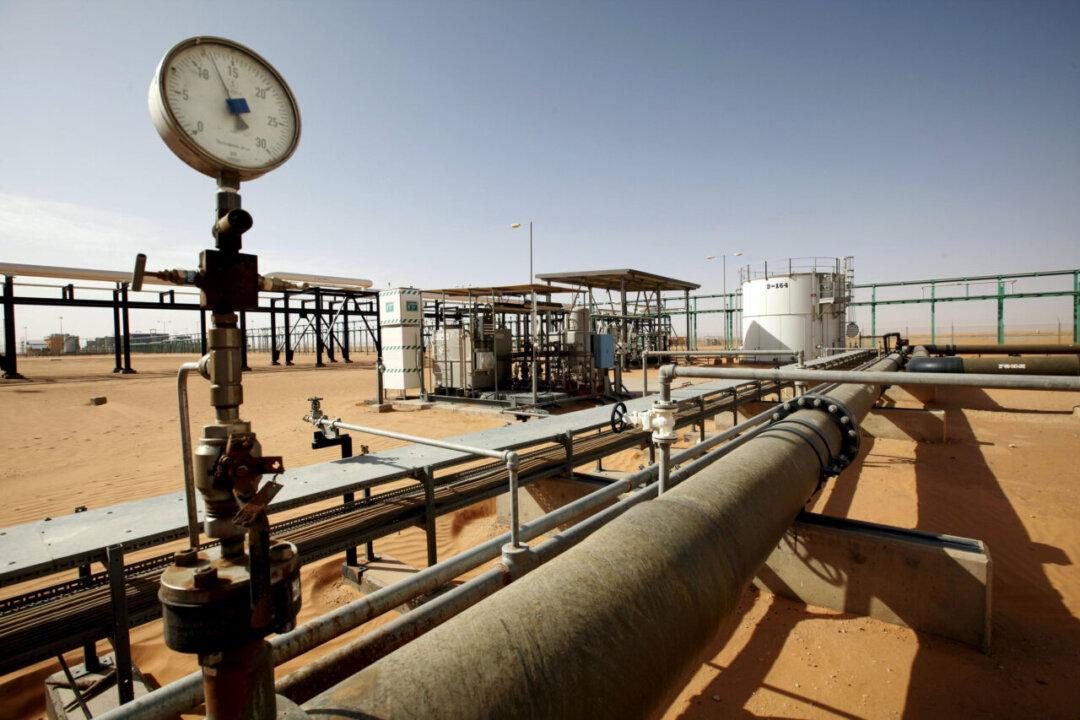News Analysis
The United States welcomed the resumption of talks led by the United Nations between two Libyan warring sides, the U.N.-backed government and the leader of the armed forces which controls a big part of eastern Libya, with a goal of achieving a ceasefire and relaunching intra-Libyan negotiations.





